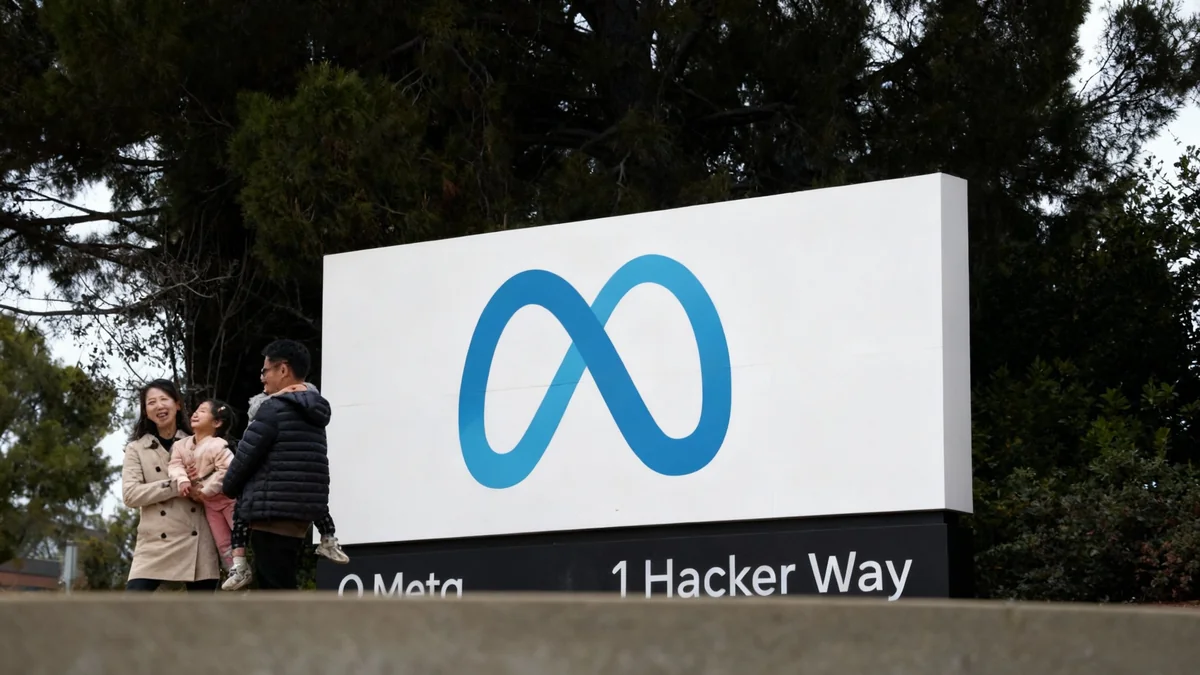The U.S. administration is actively pursuing deals across multiple critical industries, including pharmaceuticals, technology, and energy, in a strategic push ahead of the 2026 midterm elections. This initiative involves direct negotiations with major corporations, offering regulatory relief and financial incentives in exchange for concessions such as increased domestic production and, in some cases, government equity stakes.
Key Takeaways
- The U.S. government is engaging with companies in up to 30 critical sectors to secure deals focused on national and economic security.
- Tactics include offering tariff relief and financial support in exchange for concessions, including government equity stakes in private companies.
- A key goal is to announce these agreements from the White House to demonstrate policy successes before the midterm elections.
- Federal agencies like the Commerce Department and the International Development Finance Corporation are central to executing this strategy.
A New 'Whole-of-Government' Strategy
The administration is implementing what White House spokesman Kush Desai has called a "whole-of-government approach" to industrial policy. This strategy aims to strengthen domestic supply chains, reduce reliance on China, and encourage manufacturing to return to the United States. According to multiple sources familiar with the discussions, the effort extends across a wide range of sectors, from semiconductors and AI to critical minerals and shipbuilding.
Federal agencies are being repurposed to facilitate these agreements. Senior officials from the White House, the Department of Health & Human Services (HHS), and the Commerce Department are reportedly in frequent contact with corporate executives. The objective is to use the government's broad powers to align private sector activities with national strategic goals.
Shift in Economic Policy
This level of direct government intervention marks a significant departure from the hands-off approach to private enterprise that has characterized U.S. economic policy for decades. Critics, including some legal and economic experts, note the irony of a Republican administration adopting policies more aligned with state-driven economic models.
Dealmaking in the Pharmaceutical Sector
The pharmaceutical industry has been a primary focus of this new strategy. Sources report that companies like Eli Lilly have been asked to increase insulin production, while Pfizer was approached about its cancer drug Ibrance and cholesterol medication Lipitor. London-based AstraZeneca was reportedly encouraged to consider establishing a new headquarters in the U.S.
The administration has emphasized the importance of public announcements for these deals. In one instance, President Trump announced an agreement with Pfizer CEO Albert Bourla to lower drug prices in return for relief from planned pharmaceutical tariffs. In a separate event, Eli Lilly faced criticism from the administration for announcing two new manufacturing sites without involving the White House in the announcement.
"The United States is done subsidizing healthcare of the rest of the world," President Trump stated during an Oval Office event announcing the Pfizer deal.
A spokesperson for Eli Lilly stated they were unaware of the specific interaction but affirmed the company's commitment to expanding its manufacturing presence in the United States. Pfizer and AstraZeneca declined to provide comments on the matter.
Key Figures and Agencies Driving the Initiative
Several key individuals are leading this dealmaking effort across the government. Commerce Secretary Howard Lutnick, a former financial services executive, has been described as the administration's chief negotiator. He has been a vocal supporter of the government taking equity in exchange for financial support.
"If we're going to give you the money, we want a piece of the action," Lutnick told CNBC in August. To support this work, he has recruited Wall Street veterans, including tech banker Michael Grimes and M&A lawyer David Shapiro.
Wall Street's Involvement
Financial institutions are adapting to this new landscape. J.P. Morgan, which assisted with a government deal involving rare earths company MP Materials, has created a special task force. Andrew Castaldo, the bank's co-head of mid-cap M&A, noted they have received over 100 client calls about potential government partnerships since the MP Materials transaction was announced.
Expansion of Federal Financing Power
The administration plans to use the International Development Finance Corporation (DFC) as a major financing vehicle. A proposal sent to Congress would expand the DFC's financing capacity from $60 billion to $250 billion. It would also establish an equity fund to invest in sectors vital to U.S. national interests, including infrastructure, energy, and critical minerals.
Additionally, a new U.S. Investment Accelerator, run by Secretary Lutnick, is planned. This fund is expected to be seeded with the $550 billion Japan is providing as part of a trade agreement. These new financial tools are intended to replace an earlier plan for a U.S. sovereign wealth fund, which has since been abandoned.
Notable Deals and Corporate Reactions
Several agreements illustrate the administration's strategy of taking direct stakes in companies. The Commerce Department converted a grant from the CHIPS Act into a 10% equity stake in Intel. In another deal, the Pentagon acquired a 15% stake in MP Materials, a rare earths mining company, while also setting a minimum price for future government purchases.
This approach has received a mixed reception from the business community. While some companies see an opportunity to access federal funding and policy support, others express concern about the long-term implications.
- Opportunity: Access to government loans, grants, and favorable regulatory treatment.
- Risk: Potential for the government to demand equity stakes in exchange for support.
- Uncertainty: Concern that policies could be reversed by a future administration, complicating long-term business planning.
Y. David Scharf, a partner at the law firm Morrison Cohen, which represents companies in talks with the government, highlighted this uncertainty. "The No. 1 concern is this may be short lived," he said. "Is there an unwind that has to happen if there is a 180-degree opposite view in the next administration?"
A Template for Future Agreements
The agreement with MP Materials is viewed by insiders as a potential model for future deals. It combined a direct equity stake, a price floor for government purchases, and a long-term commercial commitment from a major private company, Apple, which agreed to a $500 million purchase agreement for recycled magnets.
The administration's push to reshape the relationship between government and private industry represents a fundamental shift in U.S. economic strategy. By leveraging federal power to secure deals in critical sectors, the White House aims to achieve specific national security and economic objectives, with a close eye on the upcoming midterm election cycle.





